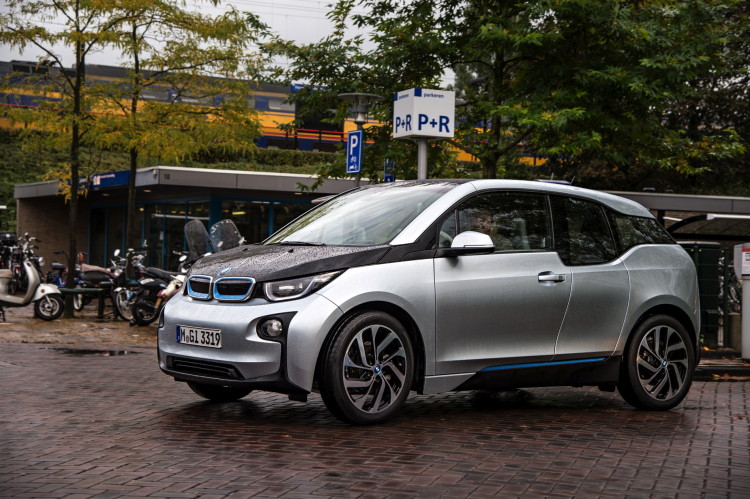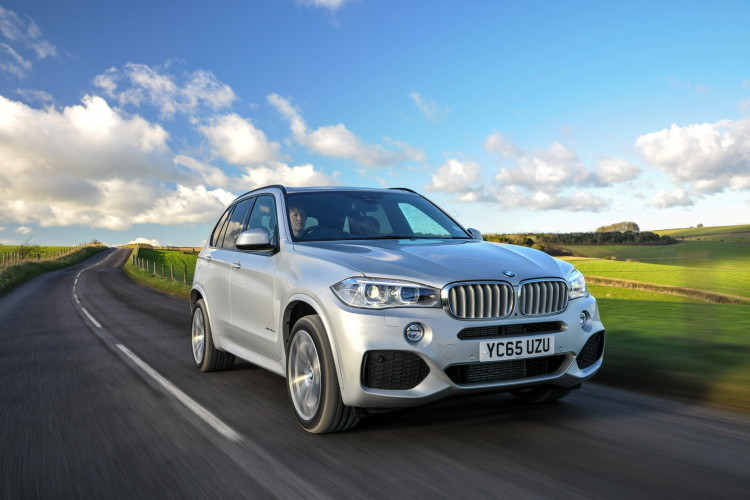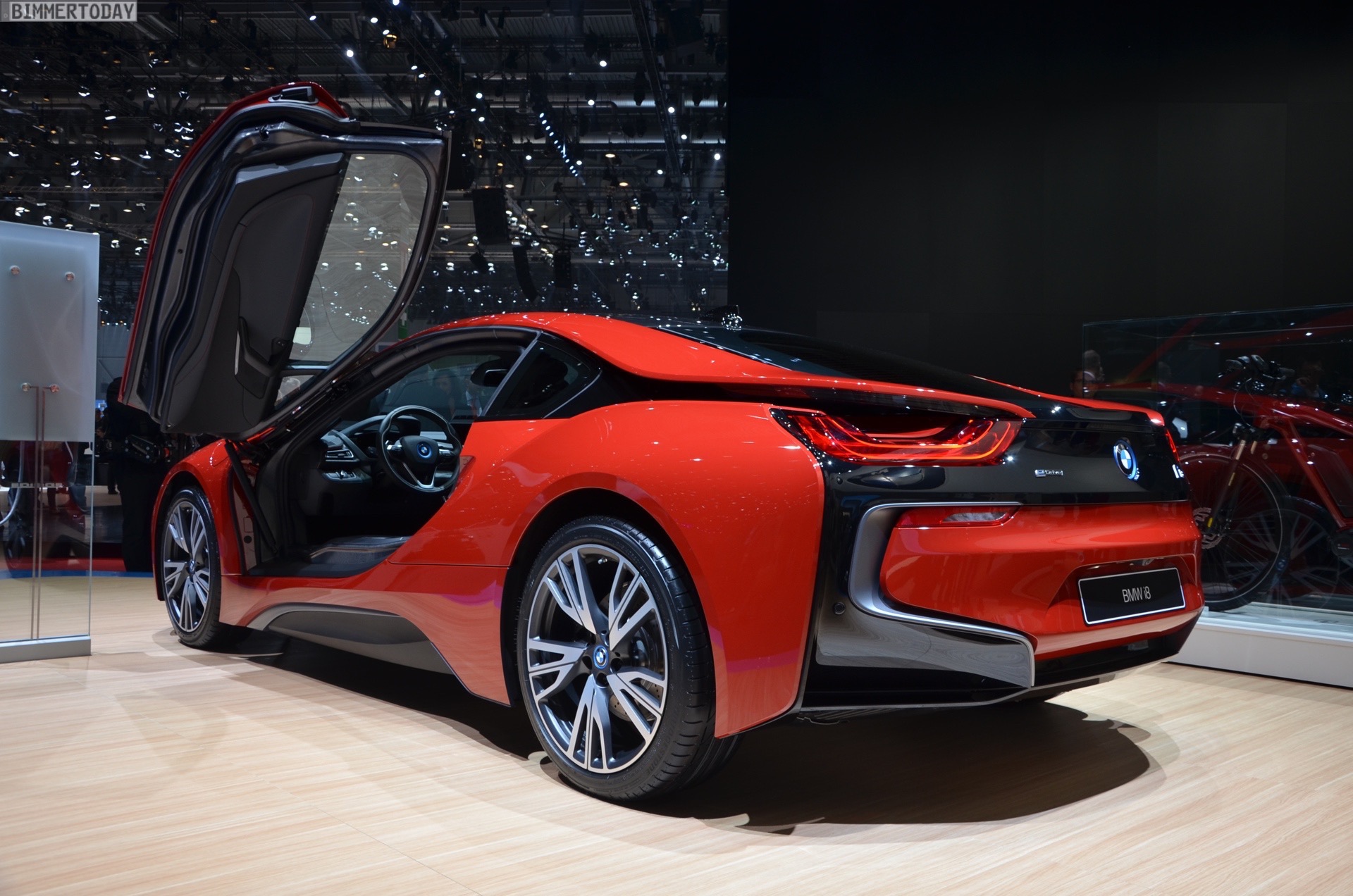Back in the 1990’s, the economy was booming, oil prices were low and Americans were buying up SUVs like Tic Tacs. Ford was selling about a bazillion (that’s a technical term) Explorers, Chevy couldn’t make Suburbans fast enough and even Land Rover was booming in the US. But it wasn’t just the US, the entire world was buying sports cars and SUVs, as gas was cheap. So BMW jumped into the party with the X5 and it instantly became a hit. Mercedes-Benz and Audi followed suit, so did Lexus and Acura. Every luxury automaker jumped in.
And then the recessions happened.
Oil prices sky-rocketed, causing people to dump SUVs and buy hybrids or EVs. So BMW, Tesla and the rest of the automotive world invested billions of dollars into hybrid and battery technology, trying to create EVs for our modern, oil-starved world. And they were doing well. Tesla launched the Model S, which sent the brand into super-stardom, BMW created the i Division, with the i3 and i8, which exploded in popularity. Things were looking good for EVs. Now, though, gas prices are falling, as oil becomes cheaper and cheaper, and people are starting to go back to SUVs and sports cars.

At the moment, gas is cheap. If your car takes regular, it’s likely $20 bucks will fill your tank, probably even cheaper than that. It’s a good time to own a sports car or SUV right now (why wasn’t it this cheap when I was commuting?) and it’s having a serious effect on the global automobile market. Last year, BMW sold more X5s than 3 Series’ in Australia, and did incredibly well with SUVs across the globe. Sports cars are also doing well, as people aren’t afraid to spend money on superfluous fuel costs.
With SUVs and sports cars taking a rise in sales, as oil prices continue to drop, is this the 1990’s all over again? Or are we getting ahead of ourselves a bit?
It’s quite possible that oil prices will jump back up. A recent US bill proposal could raise the tax on oil by up to $10 per barrel. The bill’s intention is to use that money to invest heavily in a network of environmentally-friendly mass transit, such as high-speed rails and self-driving cars. However, there’s a good possibility that the tax increase could be felt by the consumer, with a possible 25 cent price bump per gallon. While we’re at record lows for our time, this would still be enough to get people thinking about electric cars again. Which is precisely the idea of the bill, actually.

However, oil prices aren’t the only reason why people buy EVs and hybrids. Many customers want to keep up with the latest technology and feel that fossil-fuels are outdated. In a way, they’re right. EVs and hybrids are the future, whether that future be distant or not. Many customers would also rather stay environmentally friendly, regardless of oil prices, and reduce their emissions for the sake of the planet. Which is admirable. And automakers will have to continue to invest in hybrid technology, despite booming SUV sales, because of the ever-stricter growing emissions regulations across the globe.
But it is interesting to see what will happen in oil continues to stay inexpensive. As EVs become cheaper, which they will by as soon as 2022, and they become more prevalent, oil prices will likely fall even more. As the demand for oil drops, oil companies will have no choice but to lower their oil costs to keep people interested in dinosaur-sourced fuel. So is it possible that the continued decrease in oil costs could hurt the sales, and possibly even development, of electric and hybrid vehicles?





































































